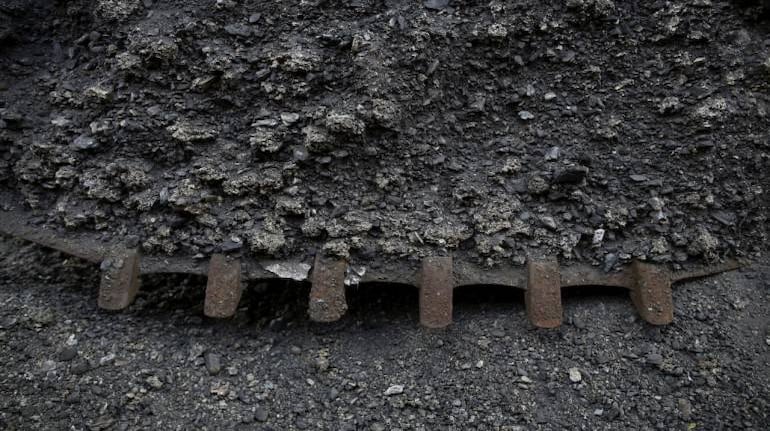



Nazimuddin Siddique
While the rest of India is busy fighting the COVID-19 pandemic, the National Board for Wildlife (NBWL) in early April held a meeting and recommended opencast coal mining in Saleki proposed reserve forest (Saleki PRF), situated adjacent to the Dehing Patkai Wildlife Sanctuary, in the Dehing Patkai Elephant Reserve, in Assam.
Following this thousands of citizens have commenced protests against the government’s decision. As the lockdown is easing, the intensity of the protests is increasing. Many are going to the wildlife sanctuary to register their protest against this government decision that will significantly contribute in destructing the forest. Activists, conservationists and student organisations are organising protests across Assam.
Sadly, this will not be the first time that the rainforest is under attack. Thousands of trees have been felled by smugglers, whom many claim have the tacit support of government agencies. The current approval has gone to the North Eastern Coalfields, which is a unit of Coal India Limited (CIL). Surprisingly, the CIL has been accused of ‘illegal mining’ at the Saleki PRF for 16 years, and consequently was ordered to pay a fine of Rs 43.25 crore.
This current clearance is in addition to the environmental clearance that was accorded to Oil India Limited (OIL) by the Union Ministry of Environment, Forest and Climate Change to carry out widespread drilling and hydrocarbon testing. These environmentally hazardous drillings will be carried out in at least seven sites of the reserve.
The Dehing Patkai Elephant Reserve, which covers about 937 sq km, is crucial for the ecological balance of the region and, in particular, for Assam. It is one of the largest rainforests in India and is known as the Amazon of the East. It hosts a rich diversity of flora and fauna.
The 111.19 sq km wildlife sanctuary has been sheltering about 293 species of birds, 42 species of mammals, 30 different types of butterflies, 100 species of orchids, 13 endangered species among many other species of flora and fauna. These include the Asian Elephant, Capped Langur, Clouded Leopard, Hoolock Gibbon, Slow Loris, and many more. It is also the home to the state bird of Assam — Deo hah (White winged wood Duck), and the state tree of Assam Hollong.
The Dehing River flows through the forest spread over the foothills of the Patkai Hill range. It is the Patkai Hill through which Chaolung Sukaphaa adventured into Assam in the 13th century, and went on to construct the Ahom dynasty that ruled a significant portion of Assam, specially the present days upper Assam, for about 600 years.
The current NBWL order is a serious blow to the fast vanishing forest cover in India. As per the India State of Forest Report, published in 2019 by the Forest Survey of India, Assam has only 3.6 percent very dense forest left.
The Bharatiya Janata Party (BJP)-led Sarbananda Sonowal government is claiming that the area where the mining will be carried out is about 9.1 km away from wildlife sanctuary. Conservationists, however, claim that the proposed opencast coal mining site is within the elephant reserve. The Wildlife Conservation Strategy, 2002 declares that zones within the range of 10 km of national parks and wildlife sanctuaries are eco-sensitive zone (ESZ) or eco-fragile zones. Coal mining, if carried out, will usher in series of serious repercussions on the ecosystem of the region and will also sabotage the existing elephant corridor.
Humans have coerced to extinction scores of species and have pushed many thousands to the brink of extinction. At a time when we need massive afforestation, the government’s decision to further destroy the Dehing Patkai Wildlife Sanctuary and Elephant Reserve is alarming — and needs to be withdrawn. If the government decides to go ahead with its plan, it will be paving the way for an ecological catastrophe in Assam.
Nazimuddin Siddique is an Assam-based independent researcher. Views are personal.
Discover the latest Business News, Sensex, and Nifty updates. Obtain Personal Finance insights, tax queries, and expert opinions on Moneycontrol or download the Moneycontrol App to stay updated!
Find the best of Al News in one place, specially curated for you every weekend.
Stay on top of the latest tech trends and biggest startup news.